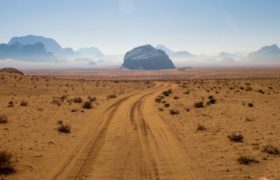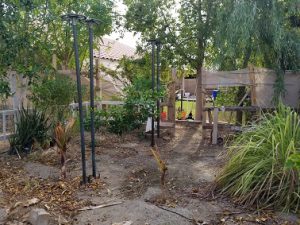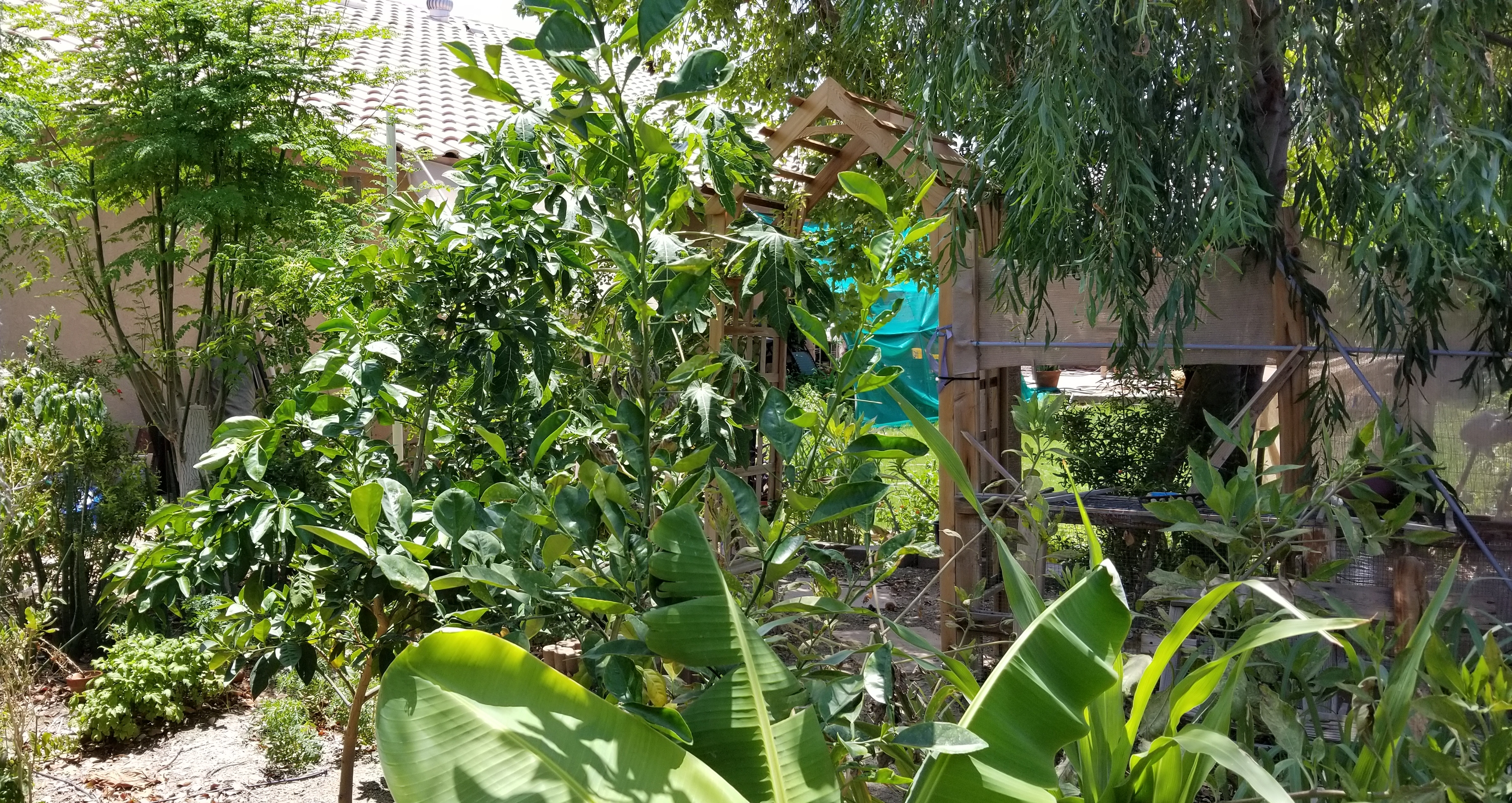
I survived through 120 °F/48.89 °C and lived. I was burnt but still strong. How does that happen? Follow me I’ll show you and no, SPF 100, won’t help.
That’s right even sunscreen can’t help well a little, keeps you from frying to a crisp ^^. I’m talking about planting herbs (tshuaj ntsuab) and vegetables in desert conditions. It’s really, no big deal.
You just need to know what you’re doing. The weather here can be rough especially in the summer. However, after fall comes the heat dies down in the morning! Yay. That’s when the fun starts. It’s still hot moving towards the afternoon.
The best part is I can go outside in the morning and work until 10 AM before it gets back up in the 90s.
What Soil Do You Have
Now planting in an arid, hot place like Yuma, AZ your garden needs a lot of TLC. Plus depending on your geographic area. The soil can vary between 5 to 20 miles ( 1690 to 32186 meters).
Here, in my geographic area, it’s different. I can go 2 miles (3200 m) down the road and the soil there is clay whereas I live, I have sandy soil. We’ll talk about sandy soil in a bit.
Clay Soil
Clay soil is sticky when wet and hard when dry. It is very hard to cultivate when that happens. However, it’s rich in nutrients. Clay soil can be amended with compost to loosen the ground a little to aerate oxygen into the soil.
It’s already rich in nutrients more nutrients wouldn’t hurt.
Options:
- buy perlite and mix it in your soil
- fold grass cuttings into the area you are planning to use
- wood chips, twigs, and kitchen scraps
Whatever it takes to make an organic planting area.
Sandy Soil
Sandy soil can be a challenge. It’s just… sand it drains and dries quickly. Too much water and it sits you’ll get algae growing. When it drains it leaves the soil dry. There are not many nutrients in it so you have to constantly mulch the area.
Tip: Use a timer or make a drip system.
This was my challenge. Now that we have moved from the house in town and live higher towards the mountainside my backyard has sandy soil. I was disappointed that I didn’t look at the dirt before purchasing my new home.
When looking for my new home. What I care for at that time was, it close to work? That was all I cared about until we were all settle in then I decided to go and grow some stuff…well I was shocked but I couldn’t blame anyone but myself. What am I going to do now?! Imagine growing food on that!

Options:
- mulch with grass cuttings
- wood chips, twigs, and yard scraps
- Don’t rake deciduous trees/plants
- buy a drip system or make one
You can practically grow anything in the sandy dirt. A little warning must cover plants and herbs from May to the end of October because during those months it is really hot and dry during the afternoon.
Try watering your garden every morning and evening. If you have it on a drip system water them for 15 mins. only if it’s sand dirt.
Chalky Soil
Chalky soil is soil that hasn’t been used for a long time and it has heavier or more stones in the soil. Lots of lime in the dirt.
It’s heavy in stone particles even if you start a garden and plant food in it. The soil will stunt the growth of the plant and it will yield little vegetables.
Options: Shop at Bootstrap Farmer
- buy containers
- mulching
- add compost
There’s good news though. I have a place to make a good garden. I’m going to try. I tried, failed, tried again, failed. I almost gave up on planting in the desert. Sand everywhere, with my herbs, how am I going to do it in desert conditions?
My vegetables looked at me and said “please let us go, too hot, too dry” I was saddened. I had to let them go to veggie heaven. Although letting go is hard I never gave up.
I found that even if it drys up and burning hot. You just need to find the right vegetables to grow during the seasons.
What To Plant
Sometimes the seasons aren’t the issues it’s the plants. In California seeding for muster, collard greens are April. Yuma is August/September and harvests in October even as late as November.
Sorghum loves the heat and doesn’t need a lot of water. I grew some by accident. My mom gave me some seeds that looked like broccoli seeds.
I seeded them. As it grew it looked like corn so I kept it, turns out to be sorghum, who knew!
Now, because it’s September I will start seeding green beans, broccoli, and carrots. If you have never eaten your own grown carrots you should try it, it’s super sweet!
I planted sweet potatoes and it’s doing well during this summer.
For other dirt use a drip system once every other day. I like the evening but so do slugs and snails.
I have mine on a drip system. During the summer evening, it’s still 100° F (37.78° C) out at 10 o’clock pm (2200 hours). Sometimes even at midnight. Chose your battle.
My herbs (tshuaj ntsuab) /vegetable garden almost died! We went on a vacation to Europe for three weeks. Our circuit breaker on the switch had burned out. Needless to say, I came back to disappointment. This year I have to start my garden from scratch and I am babying my herbs to see if they will survive until the cool season which is coming soon.

Update almost a year later: July 2018

Conclusion
Planting herbs and vegetable gardens in the desert isn’t that bad. I’ve been doing it for a long time and growing food for my family is great.
My cilantro fragrant is so strong. I love cilantro some people don’t like them. Their loss. My green onions are sweet and crispy. Wow.
My chili peppers love the sun and they are doing well. They aren’t producing much better in the heat but when it cools down I will have ample chili peppers.
I live in the high desert in southern California, so I can relate to your post. I also learned that there are plants that can adapt to the desert heat. My mom even bought plants that were good for the drought conditions we were in before the rains. Did you ever think about having a garden in your home? I was thinking about growing herbs and stuff in my home.
We live in AZ as well, and the biggest thing I struggle with is the soil. We went to the nursery and got some garden soil to plant our garden. I don’t think we had enough sunlight either. We planted on the west side of the house, and it was in the fall, so there was less sunlight that time of year on the west side. Do you have any tips for soil? We tried mixing manure in as well. We also had some issue with bugs. Any suggestions for dealing with aphids? We have tried growing in the spring, but sometimes the weather gets too hot, and in the fall, I think we were lacking sunlight. Anyway, I will try your suggestions and see if we have any better luck with our desert garden.
Hi Steve, thanks for stopping by. If it help you can try using perlite in your soil for more oxygen. People don’t think about it but plants needs oxygen to. And if you have sand dirt you need to add compost. If you have a place facing North try that spot.
Wow, you’re an inspiration to me! I can’t seem to grow anything even if it isn’t in a desert area. I often cook at home so it will be great to start planting some of my own herbs. What is the difference between sand dirt and clay dirt?
Welcome Yvonne thank you for stopping by. Yes I cook at home to. My mom grew her own and when I go to the supermarket to buy some they didn’t taste that good. So then I wanted my own garden. Well Yvonne sand dirt is just sand like the beach. And clay dirt is tough when dried the dirt get really tough. Regular dirt it cracks. I hope this helps.
Melissa thank you for stopping by. The thing with drought tolerant plants is that they thrive better in water condition. There’s a side effect though they might be invasive, however if you keep it from there’s no problem. I have always wanted a herb/vegetable garden at home. I do a lot of cooking at home and fresh herbs and vegetables are the best! You should start one it is easy.